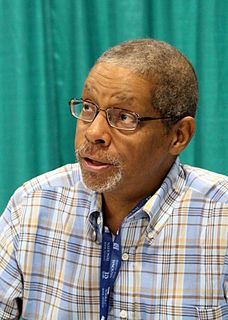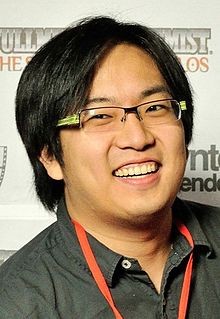A Quote by Theresa Rebeck
The movies are all about visual, and television is all about character and dialogue.
Related Quotes
I'm very much into the costuming of any character that I portray and it's one of the great things about making movies is it's a collaborative art form so you get all these artists who are looking specifically about for this instance your character's costume and what that might tell about your character.






































